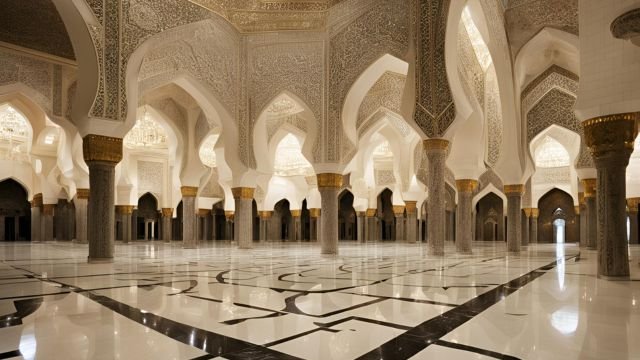Table of Contents
Is Saudi Arabia Muslim Country? Key Insights
Saudi Arabia holds a unique position in the Islamic world. It is not only a Muslim-majority country but also the birthplace of Islam and home to its two holiest cities, Mecca and Medina. This status cements its role as a spiritual, cultural, and political hub for Muslims globally.
Table of Contents
Toggle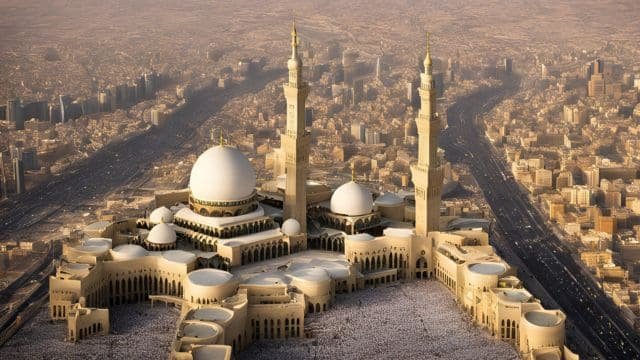
1. The Islamic Foundation of Saudi Arabia
Islam’s Birthplace
Islam originated in the 7th century in the city of Mecca, located in the western region of modern Saudi Arabia. The Prophet Muhammad, the founder of Islam, received his first revelations here, making Mecca the heart of the Islamic faith.
The Kingdom’s Constitution
Saudi Arabia is governed by Sharia law (Islamic law), derived from the Quran and the Sunnah (teachings of the Prophet Muhammad). The country does not have a formal written constitution but bases its legal framework on Islamic principles.
State Religion
Islam is the official religion of Saudi Arabia, and the country’s governance and policies are deeply rooted in its Islamic heritage.
2. The Role of Mecca and Medina
Mecca: The Holiest City
Mecca is the site of the Kaaba, located within the Masjid al-Haram (the Grand Mosque). The Kaaba is the focal point of Muslim prayers worldwide and the destination of the annual Hajj pilgrimage, one of the Five Pillars of Islam.
Medina: The Prophet’s City
Medina, the second holiest city, is where the Prophet Muhammad migrated to establish the first Islamic state. It houses the Al-Masjid an-Nabawi (the Prophet’s Mosque), which contains the Prophet’s tomb.
Religious Tourism
Millions of Muslims from around the world visit Saudi Arabia each year for Hajj and Umrah pilgrimages, reinforcing the country’s spiritual significance.
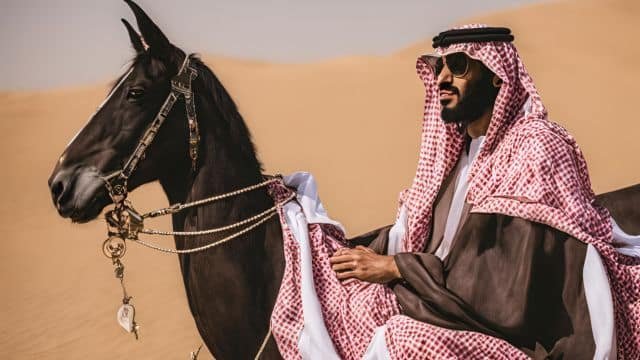
3. Saudi Arabia’s Role in the Muslim World
Custodian of the Two Holy Mosques
The Saudi monarch holds the title of Custodian of the Two Holy Mosques, emphasizing the Kingdom’s responsibility for maintaining and preserving these sacred sites.
Promoter of Islamic Culture
Saudi Arabia actively supports Islamic education, charity, and cultural initiatives worldwide. Institutions like the Muslim World League and other organizations promote Islamic teachings and humanitarian aid.
Economic Impact
Religious tourism significantly contributes to the Saudi economy. Cities like Mecca and Medina are hubs of economic activity, benefiting from infrastructure investments and global pilgrim spending.
4. Religious Practices and Policies
Strict Adherence to Islam
Saudi Arabia follows Wahhabism, a conservative interpretation of Sunni Islam. The country’s laws mandate public observance of Islamic practices, such as daily prayers and fasting during Ramadan.
Restrictions on Non-Muslim Worship
Non-Muslim religious practices are not allowed publicly in Saudi Arabia, reflecting the country’s strict adherence to Islamic traditions.
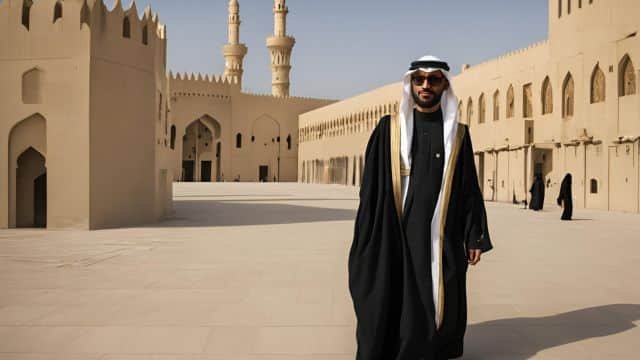
5. The Modernization of Saudi Arabia and Islam
Vision 2030 and Religious Reform
Under the Vision 2030 initiative, Saudi Arabia is modernizing its economy and society. While staying true to Islamic values, the Kingdom is gradually introducing reforms, such as expanding women’s rights and promoting cultural events.
Balancing Tradition and Progress
The challenge for Saudi Arabia lies in balancing its religious identity with modernization to meet the needs of a globalized world.
6. Saudi Arabia’s Global Influence on Islam
Islamic Unity and Diplomacy
Saudi Arabia plays a leading role in fostering unity among Muslim-majority nations. It hosts the headquarters of the Organization of Islamic Cooperation (OIC), which works to strengthen cooperation among its 57 member states.
Educational Initiatives
Saudi Arabia funds Islamic schools and universities worldwide, spreading knowledge about Islamic traditions and principles.
Charitable Efforts
Through organizations like the King Salman Humanitarian Aid and Relief Center, Saudi Arabia provides aid to countries in need, emphasizing Islamic values of compassion and charity.
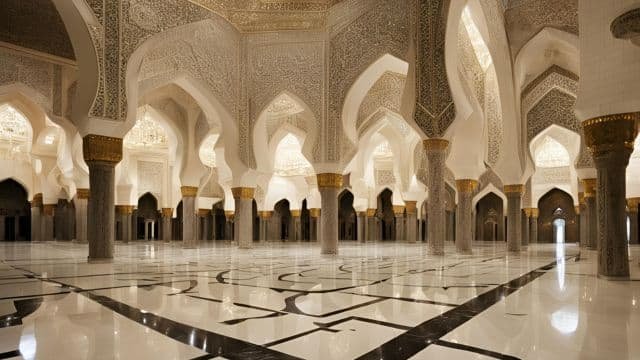
7. Misconceptions About Saudi Arabia’s Religious Identity
While Saudi Arabia Muslim-majority nation with deep ties to Islam, some misconceptions exist:
- Not All Muslims Are Saudi: Although Saudi Arabia is central to Islam, the majority of Muslims live outside the Kingdom in countries like Indonesia, Pakistan, and India.
- Diverse Islamic Practices: Saudi Arabia’s interpretation of Islam, Wahhabism, differs from other Islamic traditions, such as Sufism and Shia Islam, practiced elsewhere.
Conclusion
Saudi Arabia is undeniably a Muslim country, serving as the cradle of Islam and the guardian of its holiest sites. Its rich religious heritage, coupled with its modernizing ambitions, ensures its continued importance in the Muslim world. Understanding Saudi Arabia’s role in Islam provides valuable insight into its cultural and spiritual significance on a global scale.
Would you like to know more about religious tourism in Saudi Arabia or its modernization efforts? Let me know!


